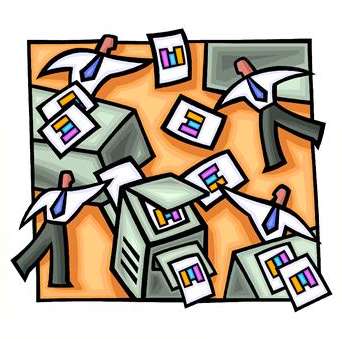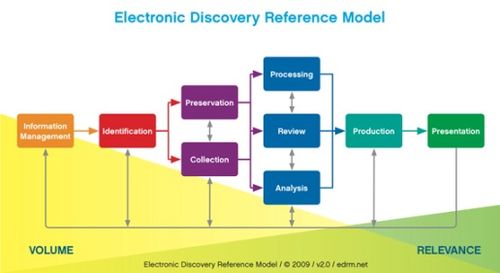In False Claims Act Case, Reimbursement of eDiscovery Costs Awarded to Plaintiff – eDiscovery Case Law
In False Claims Act Case, Reimbursement of eDiscovery Costs Awarded to Plaintiff – eDiscovery Case Law https://cloudnine.com/wp-content/themes/cloudnine/images/empty/thumbnail.jpg 150 150 CloudNine https://cloudnine.com/wp-content/themes/cloudnine/images/empty/thumbnail.jpg
In United States ex rel. Becker v. Tools & Metals, Inc., a qui tam False Claims Act litigation, the plaintiffs sought, and the court awarded, costs for, among other things, uploading ESI, creating a Relativity index, and processing data over the objection that expenses should be limited to “reasonable out-of-pocket expenses which are part of the costs normally charged to a fee-paying client.” The court also approved electronic hosting costs, rejecting a defendant’s claim that “reasonableness is determined based on the number of documents used in the litigation.” However, the court refused to award costs for project management and for extracting data from hard drives where the plaintiff could have used better means to conduct a “targeted extraction of information.”
read more





